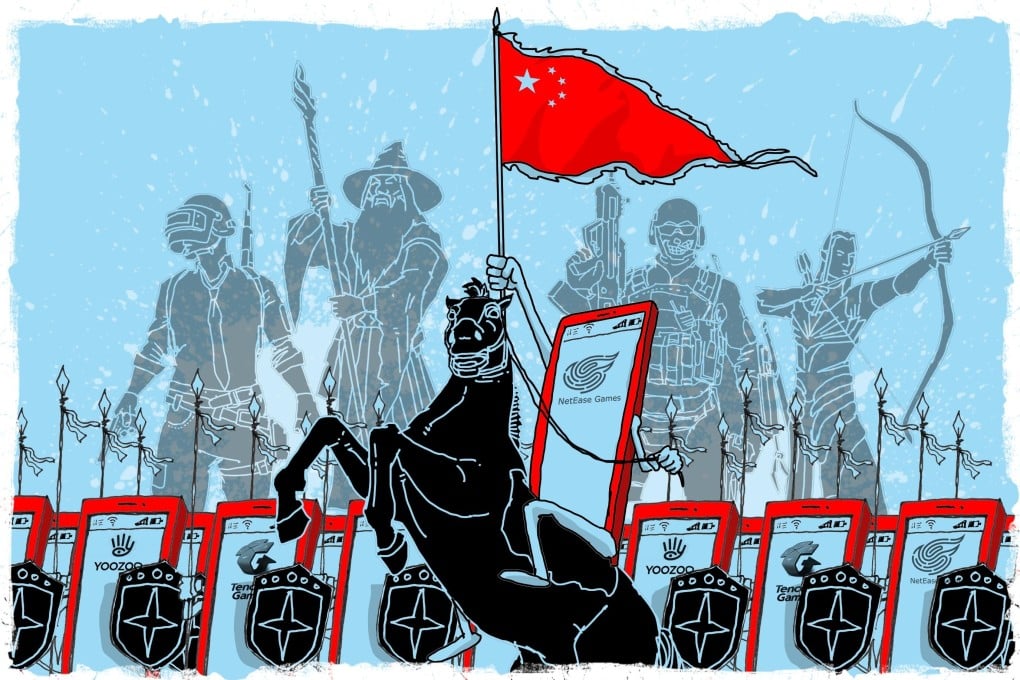Tencent, NetEase and others bring global gamers to fictional worlds like Middle Earth, Westeros, and Hogwarts to dominate the mobile games industry
- China’s gaming giants and newer entrants like Yoozoo are pouring money into overseas properties like Lord of the Rings, Harry Potter and Game of Thrones
- The push to acquire more mobile gamers is facing setbacks amid regulatory scrutiny in the US and India and challenges developing original IP

The biggest video game companies in China, including Tencent Holdings and NetEase, are betting on known properties and the widespread appeal of fictional worlds like those of Lord of the Rings, Game of Thrones and Harry Potter to grow their presence in the global mobile gaming market.
With deep pockets and years of experience in adapting games for smartphones, these Chinese companies are driving that effort through partnerships with foreign studios in their quest to dominate the world’s video games market, which reached US$175 billion in revenues last year, according to industry research firm Newzoo.
“While Japan and the US had long dominated the gaming sector since the early arcade and console days during the 1970s, Chinese companies are currently leading the way in 2020 via the mobile wave,” said Owen Soh, founder of gaming consultancy Eastlab Consulting.
These alliances with foreign studios sometimes involve making a minor equity stake investment, and obtaining the rights to create mobile versions of their partners‘ popular titles. This would normally be a time-consuming project for a studio’s own developers, but outsourcing that work lets a company capitalise on the popularity of mobile games with minimal effort. The details of revenue sharing arrangements are usually not disclosed, and vary according to the game, but a studio could expect up to 50 per cent share in gross revenue.
While PC gaming remains more popular in China than consoles, mobile gaming has become a huge business because most people in the country use a smartphone. An estimated 2.4 billion people worldwide play mobile games, which account for nearly half of global gaming market value, a share that has risen quickly in recent years, according to Newzoo.